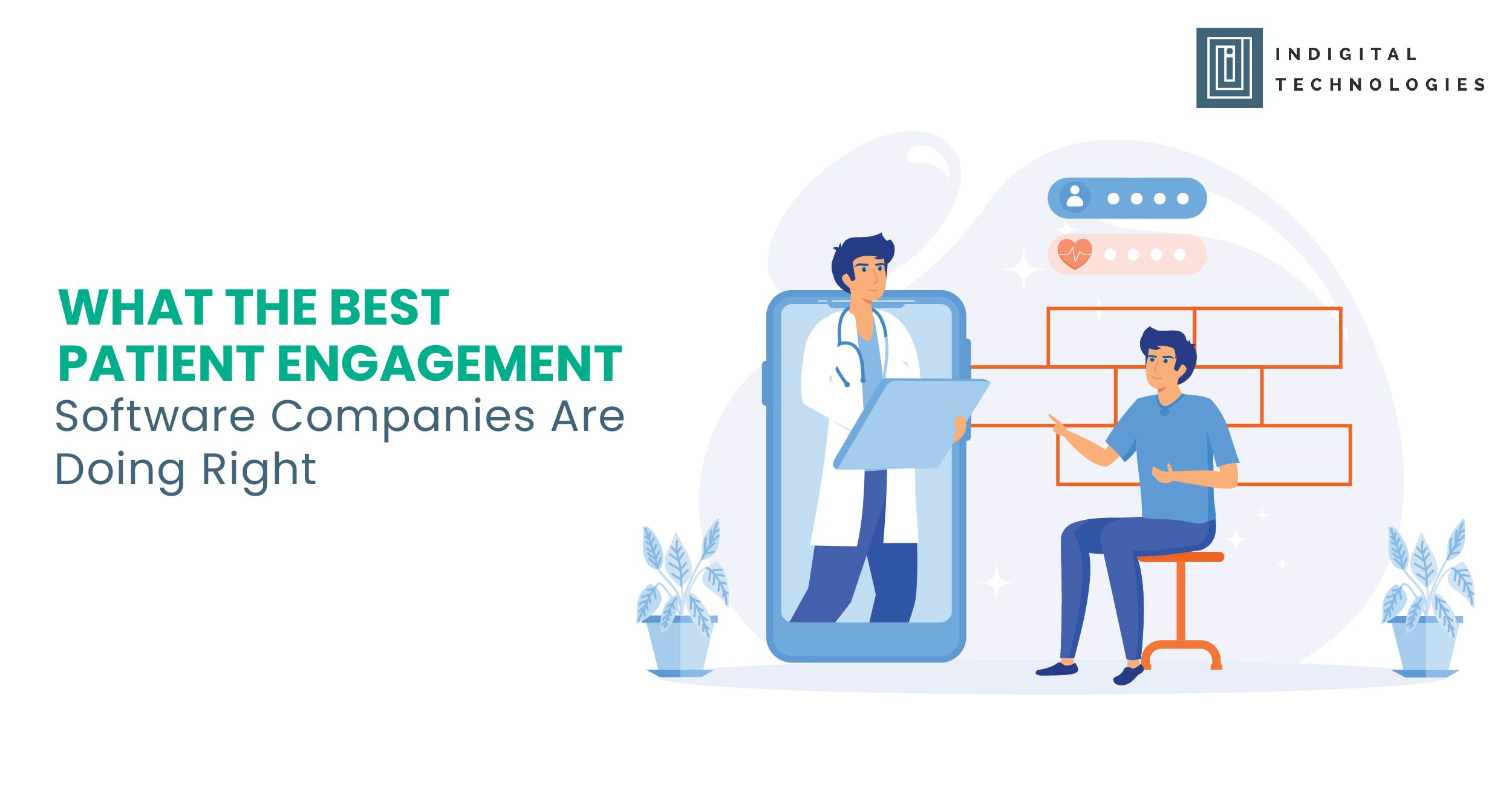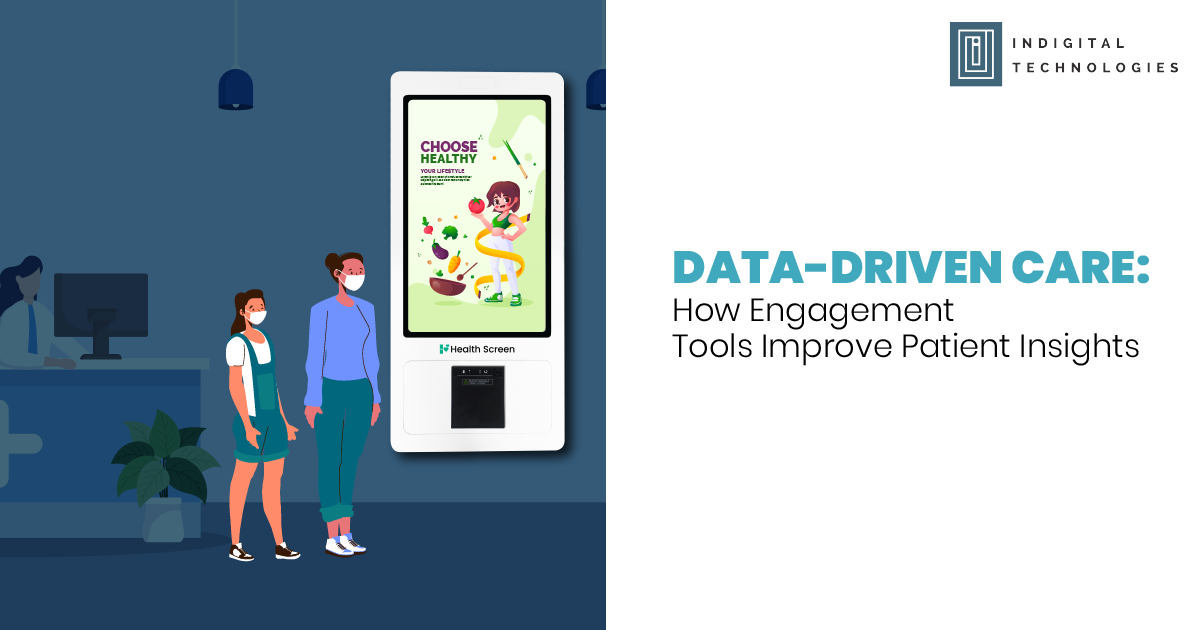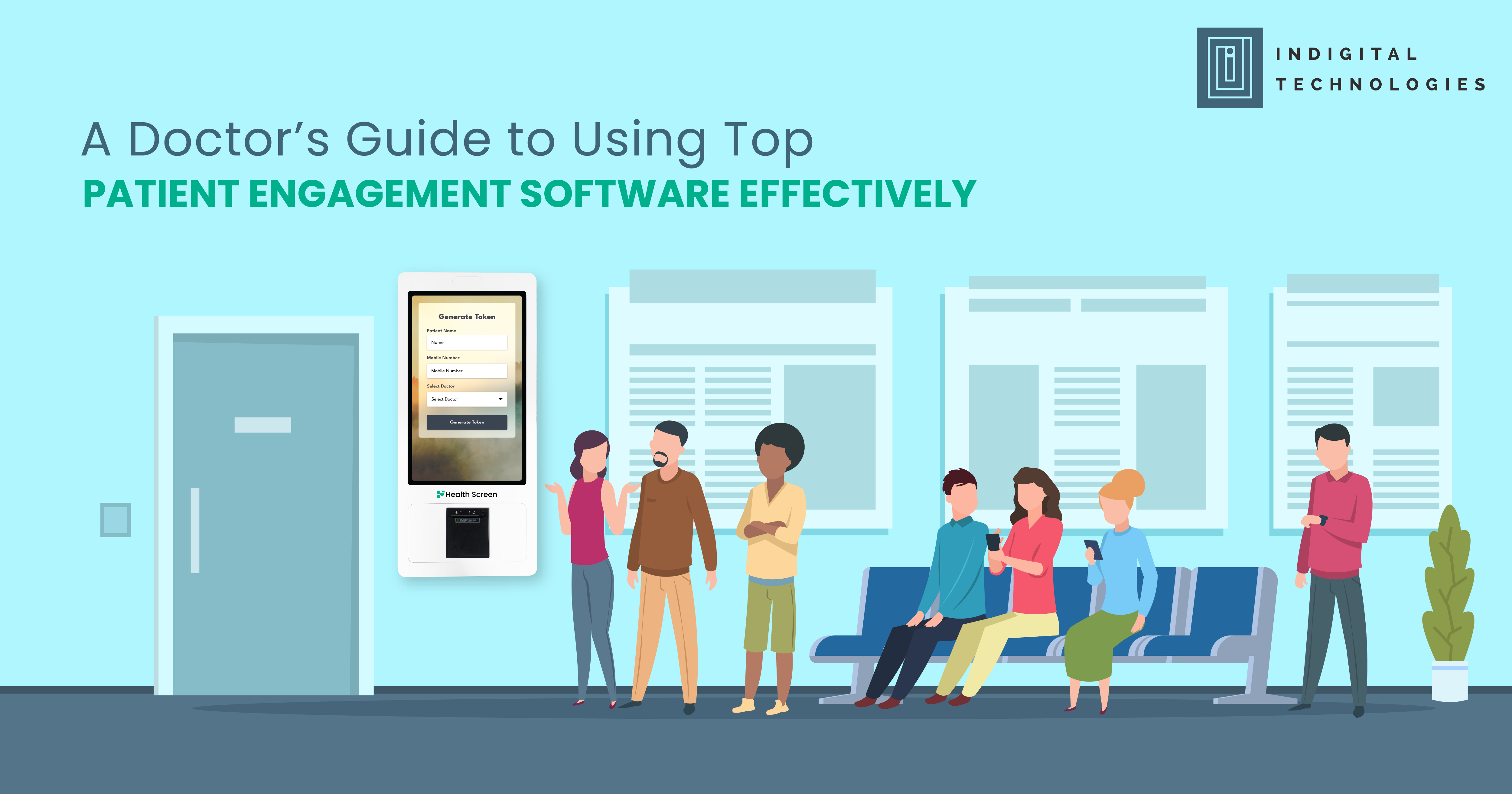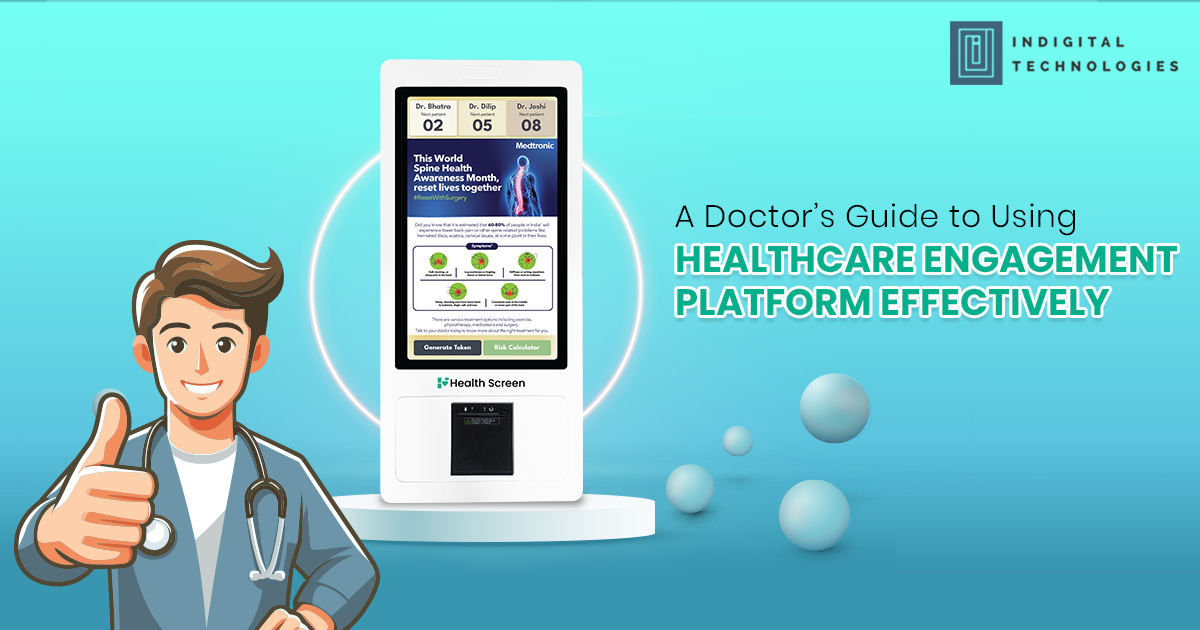Modern healthcare systems are facing a paradox. On one hand, we have unprecedented medical advancements — from precision therapies to robotic surgeries. On the other, patient satisfaction, therapy adherence, and chronic disease management continue to pose challenges.
In bridging this gap, digital health engagement solutions have emerged as an essential piece of the puzzle — quietly reshaping how care is delivered, experienced, and sustained.
Healthcare Is No Longer Just Clinical — It’s Experiential
Today’s patients judge healthcare experiences not just by clinical outcomes but by how they are treated, informed, and engaged throughout their care journey.
A patient’s perception of care includes the ease of getting information, the feeling of being listened to, and the availability of ongoing support.
Digital engagement platforms address these experiential needs by creating a seamless communication loop — delivering education, reminders, feedback opportunities, and emotional support, far beyond the clinical visit.
Tackling the Global Chronic Disease Burden
Chronic diseases like diabetes, hypertension, COPD, and cardiovascular disorders account for the majority of healthcare costs and patient morbidity. Managing these conditions requires daily attention, not sporadic interventions.
Digital health engagement platforms enable clinics to monitor patients remotely, deliver personalized self-care programs, and empower patients to take ownership of their health. By doing so, they transform chronic disease management from a reactive model to a proactive partnership.
Reducing Healthcare Costs Through Preventive Engagement
Preventable hospitalizations, missed appointments, and medication non-adherence create enormous financial strain on healthcare systems worldwide.
Engagement platforms reduce these inefficiencies by reminding patients about medications and follow-ups, educating them on symptom recognition, and encouraging lifestyle modifications.
Over time, the cumulative impact of fewer emergency visits, better-managed diseases, and faster recoveries significantly reduces healthcare spending — a win for both patients and providers.
Data-Driven Healthcare Decisions
Modern healthcare systems are shifting from volume-based care to value-based care. Value-based models reward outcomes, patient satisfaction, and preventive efforts.
Digital engagement tools provide real-time, actionable data on patient behavior, treatment progress, and feedback trends. Doctors and healthcare managers who harness this data can personalize care pathways, predict risks earlier, and demonstrate quantifiable improvements — aligning perfectly with value-based care goals.
Enhancing Access and Equity
Healthcare access disparities persist, particularly in rural and underserved populations. Digital engagement solutions, when designed inclusively, help bridge this gap.
Whether it’s sending educational videos to a smartphone, enabling tele-consultations through a simple platform, or pushing multilingual health content, engagement solutions make quality care more accessible — no matter the patient’s geography or background.
Supporting Mental Health and Emotional Wellbeing
In 2025, we recognize that mental health is inseparable from physical health. Engagement platforms increasingly integrate mental health screening tools, stress management resources, and emotional wellbeing content into patient care.
By normalizing conversations around mental health and providing discreet support pathways, these platforms help patients feel safer, seen, and holistically cared for.
Preparing for Future Healthcare Challenges
Pandemics, population aging, emerging diseases — the future will continue to test healthcare systems. Clinics and hospitals that have integrated digital engagement infrastructures will be more resilient, more adaptable, and better prepared for unexpected disruptions.
They will be able to communicate with patients remotely, monitor health trends early, and pivot services quickly — all without losing patient trust.
Conclusion
Digital health engagement solutions matter because they humanize healthcare at scale. They ensure that amidst the rush of modern medicine, patients still feel heard, valued, and connected.
For doctors, pharma managers, and healthcare institutions, integrating engagement platforms is not just a technological upgrade — it’s a fundamental shift toward smarter, more compassionate, and more sustainable healthcare delivery.
In the modern era, the strength of a healthcare system will increasingly be measured by its ability to engage — not just treat — its patients.





